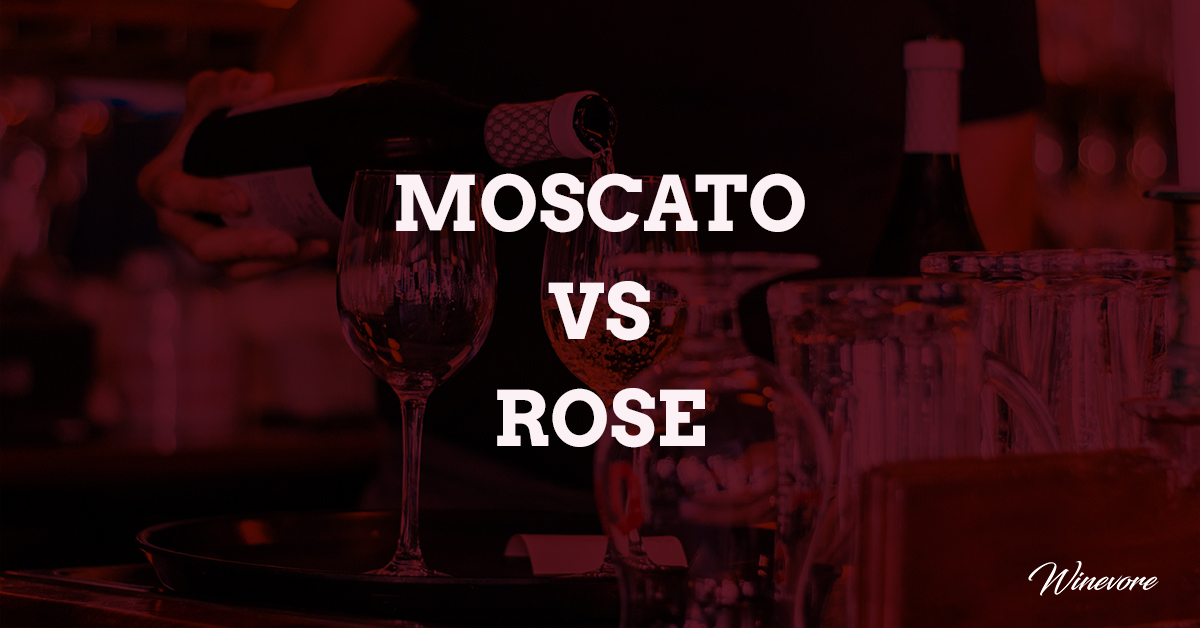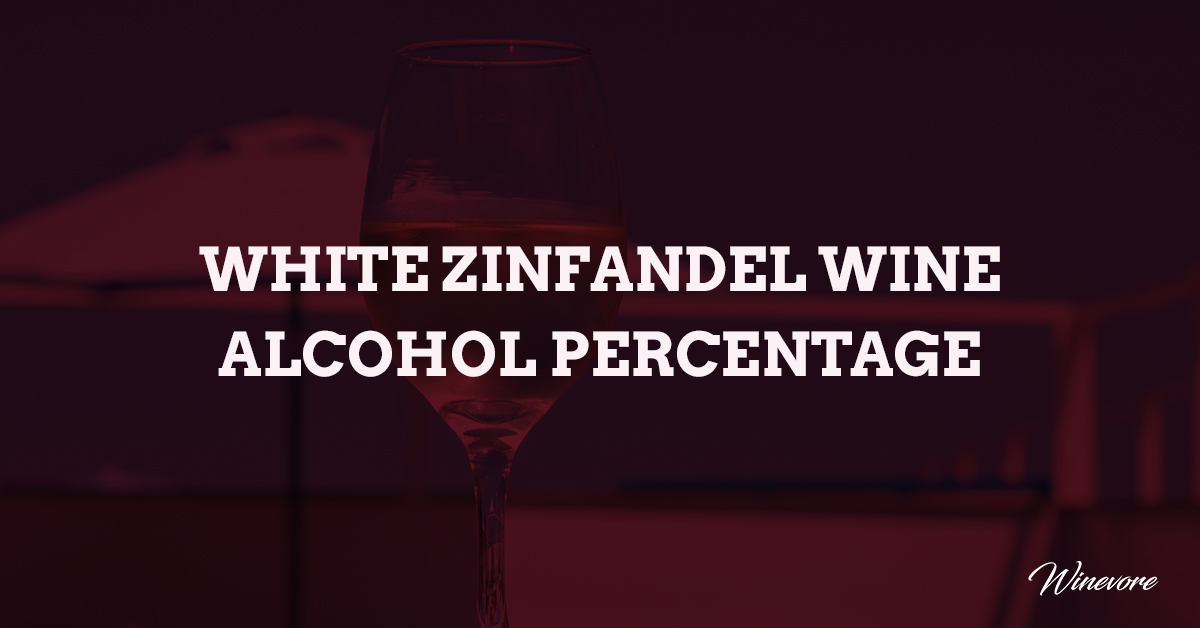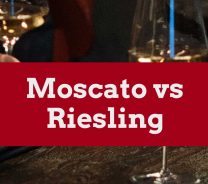Sauvignon Blanc vs. Moscato: The Untold Similarities, Differences & Selection Criteria
Are Sauvignon Blanc and Moscato basically the same wine? Which is sweeter? Which one should I try if I’m new to drinking wine? So many questions, so many answers!
Let’s get right into the specific comparisons of Sauvignon Blanc and Moscato.
Is Sauvignon Blanc The Same As Moscato?
While the two wines both compliment the same array of cuisines, Sauvignon Blanc and Moscato are definitely not the same wine. Once you explore their differences, you’ll understand why!
What Is Similar About Sauvignon Blanc And Moscato?
Unlike their differences, Sauvignon Blanc and Moscato have light similarities, if any.
Surprisingly enough, even with their color differences, both these wines have roughly the same kind of cuisine pairings, meaning if you were to serve a meal with chicken, turkey, lobster, or bbq, you would be able to serve both wines to your guests.
What Is The Difference Between Sauvignon Blanc And Moscato?
The main difference we see between Moscato and Sauvignon Blanc is their color differences.
However, that’s not the only thing to pay attention to when setting the two apart. Sauvignon Blanc is a white wine made from green-skinned grapes with an origin in France.
The wine can be made to be dry or sweet with base notes like gooseberry, honeydew, peach, and passion fruit. You’ll find Sauvignon Blanc’s color and notes don’t quite line up with those of a Moscato.
Moscato is seemingly more advanced in style and color when compared to Sauvignon Blanc.
Moscato, made with a wide variety of Muscat grapes (around 200 different varieties!) originating in Italy, can also be made into six complete styles, compared to Sauvignon Blanc’s two-style wine production.
Moscato carries sparkling, semi-sparkling, still, pink, red, and dessert! What a mouthful! Moscato’s base notes of lemon, orange, pear, and honeysuckle also differ from Sauvignon Blanc’s notes.
Which One Is Sweeter Or Drier Than The Other?
Sweetness depends greatly on the style of Sauvignon Blanc or Moscato you choose. For example, a Moscato dessert wine will be sweeter than a dry Sauvignon Blanc.
The possibilities are endless, especially with Moscato’s diverse style selection compared to Sauvignon Blanc.
Which One Has More Alcohol Content?
Sauvignon Blanc overall carries more of an alcohol percentage than Moscato, here’s why! Moscato has a surprising 5-7% alcohol content, considering how sweet it can get.
Sauvignon Blanc, however, carries more than a Moscato, with an alcohol percentage of up to 14% – this definitely exceeds your typical Moscato.
How Do I Choose Between Sauvignon Blanc and Moscato?
If you’re new to the wine community and want to ease your way into wine, Moscato is your answer. This is because Moscato is considered to be the perfect wine for beginners due to its wide style variety.
Starting with sweet wines like this is the recommended way to go! However, if you are more familiar with wine drinking and prefer a dry or sweet white wine with base notes of passion fruit, peach, and honeydew. It’s worth giving Sauvignon Blanc a try!
Final Thoughts On Sauvignon Blanc vs. Moscato
Sauvignon Blanc and Moscato have roughly the same kind of cuisine pairings but also have many differences in color, style, and notes, of course.
Overall it’s safe to say that you’ll find Moscato to be sweeter than Sauvignon Blanc. However, that doesn’t stop Sauvignon Blanc from having a higher alcohol content!







